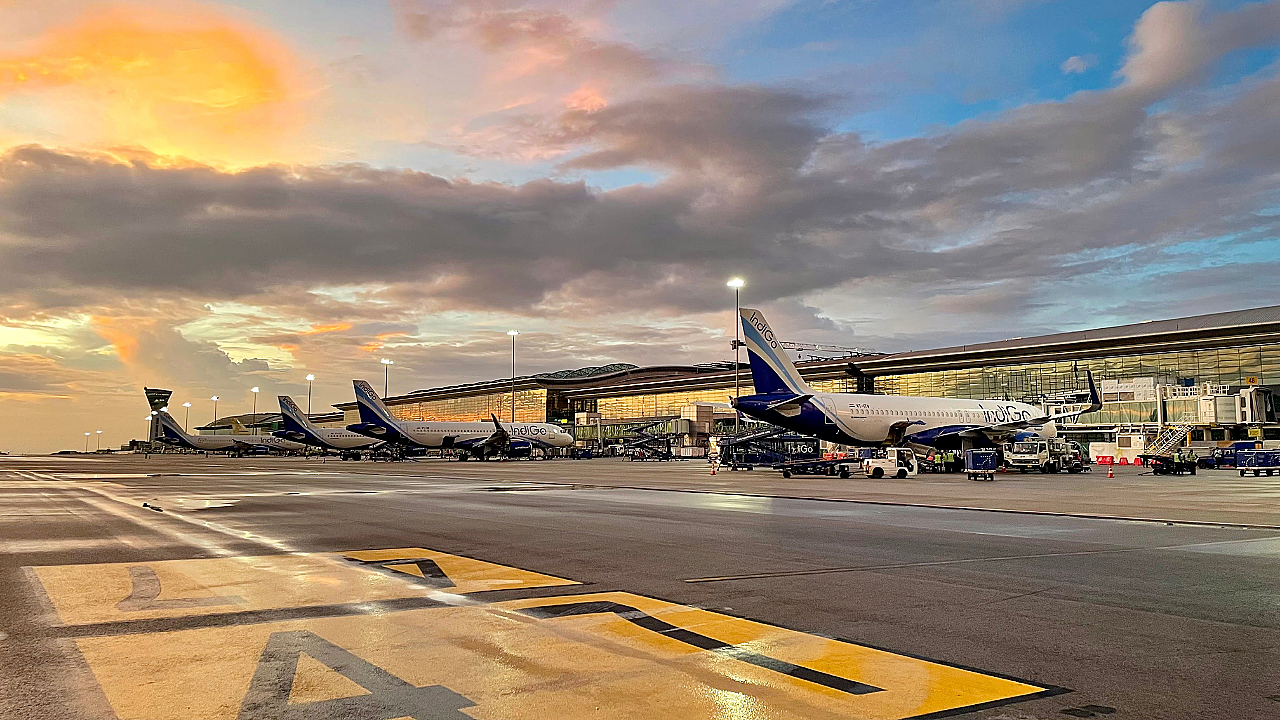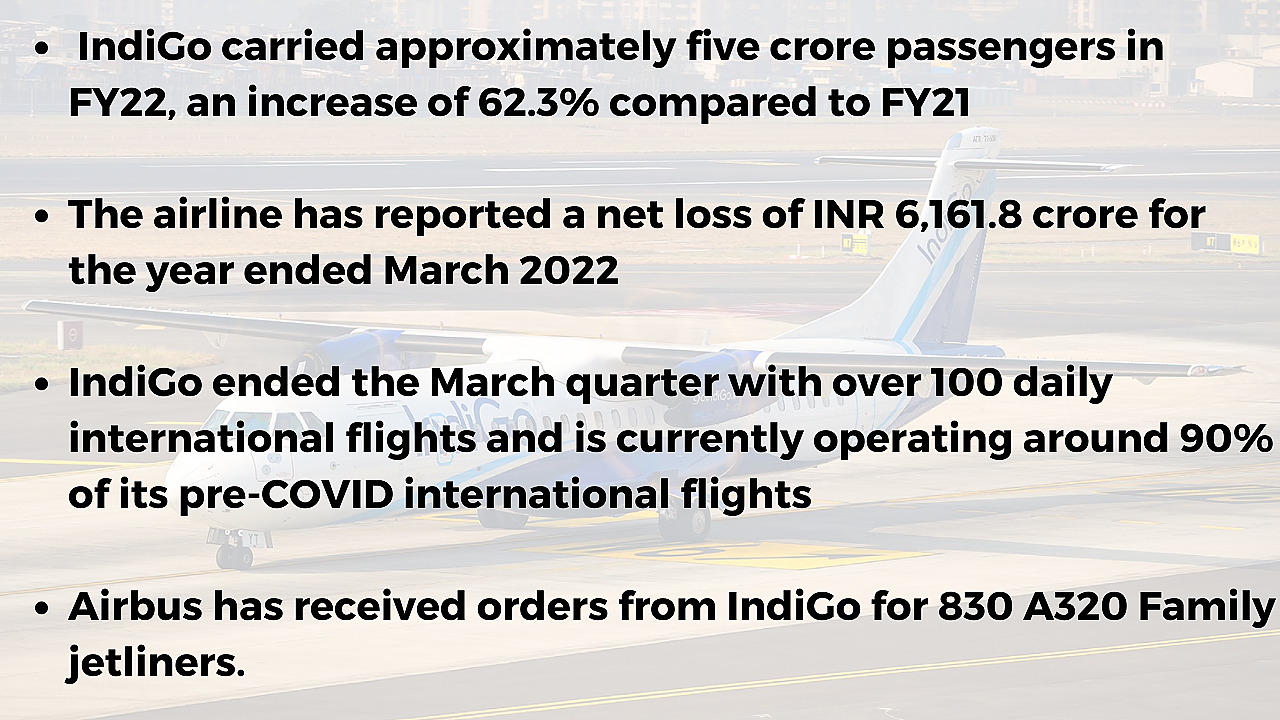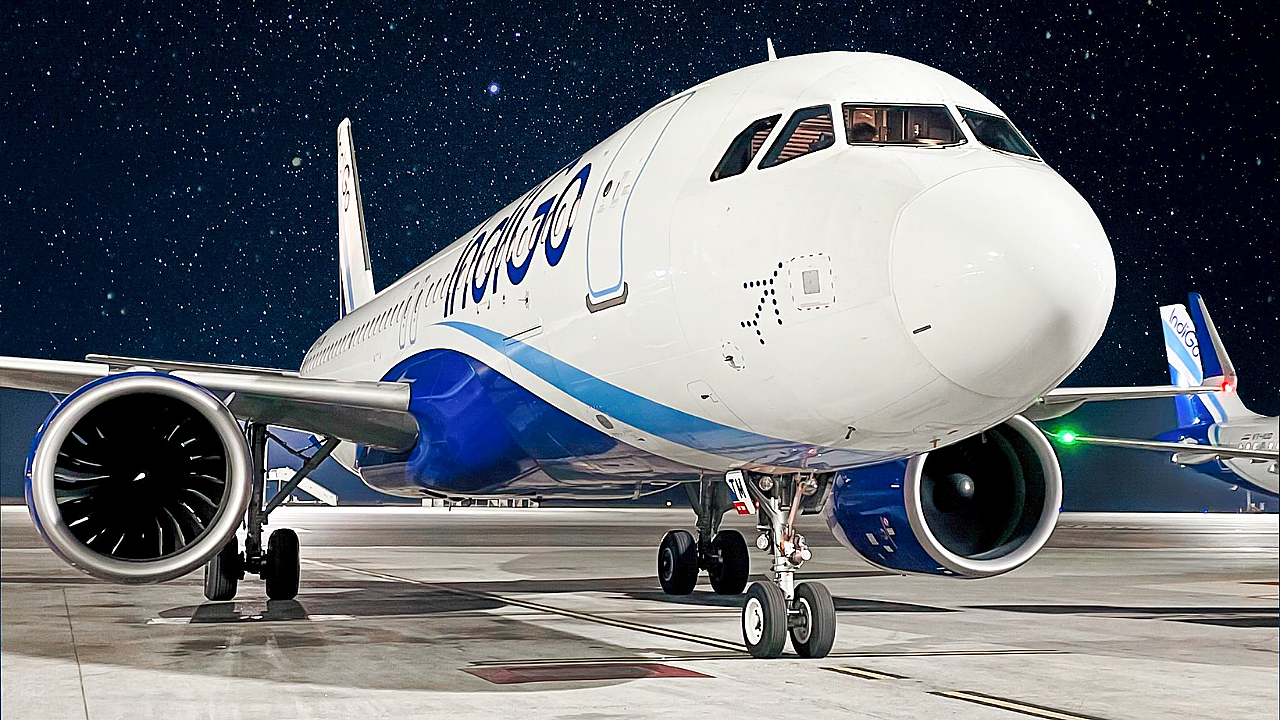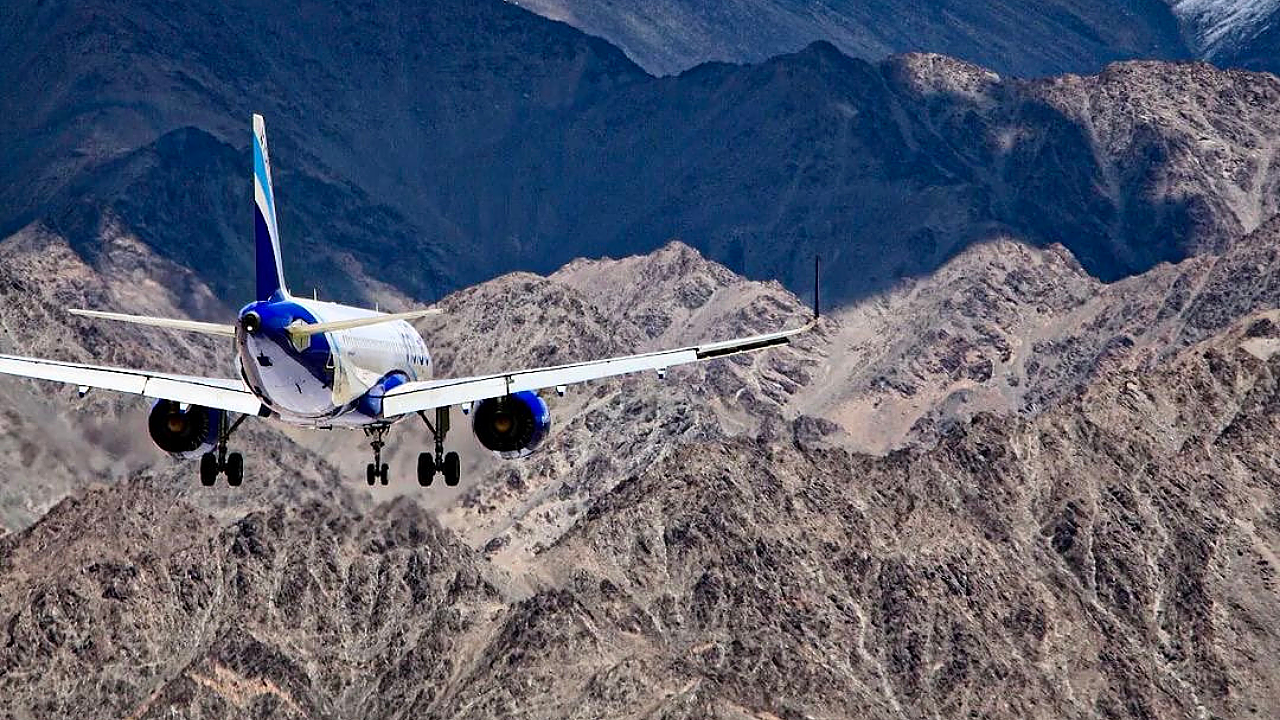
India’s leading airline has reported a loss of INR 6161.8 crore for FY22; the airline bled INR 1,681 crore in Q4, widening the losses. It ended Q4 with a market share of 53.9%, carrying 133.68 lakh passengers.
Indian domestic carriers carried 248 lakh passengers in Q4FY22 compared to 233.83 lakh in the corresponding period in 2021. Despite being severely impacted due to the ‘Delta’ and then the ‘Omicron’ waves of the pandemic, IndiGo served approximately five crore passengers in FY22, an increase of 62.3% compared to FY21.
Speaking at the airline’s financial results, IndiGo’s outgoing CEO, Ronojoy Dutta, said the recently ended quarter was difficult because of the demand destruction caused by the Omicron virus in the first half of the year. Even though traffic rebounded and demand was robust during the latter half of the quarter, IndiGo was challenged by high fuel costs and a weakening rupee. “We believe IndiGo is best positioned to maximise revenue in a recovering market. As we work to return the airline to profitability, we are focused on maintaining our cost leadership position and continuing to build the most efficient network in the region,” Dutta said.
Like all other Indian carriers, the spike in fuel prices dealt IndiGo a severe blow. Compared to last year, fuel prices increased by 71.6%. IndiGo swung from a profitable Q3 to a loss-making Q4 due to the increase in fuel prices and the decline in operating capacity, which fell by 11%. The impact of high fuel prices is apparent as the fuel expenses increased by 61% compared to Q4.
Future Ready
Despite the widening losses in FY22, IndiGo, India’s best-run airline, has utilised the two most turbulent years to significantly restructure its fleet, ensuring lower maintenance costs and lower fuel burn, which are two of its key cost drivers. “The problems we have experienced in our two-year performance, such as COVID, fuel, large losses etc., are all cyclical in nature. In contrast, all our responses have been strategic and sustainable in nature,” said Dutta. He lists the challenges that IndiGo faced over the past two turbulent years for the airline as -three waves of COVID-19 which caused a sharp decline in demand, capacity and severely curtailed aircraft utilisation, a rapid spike in fuel prices in recent months and finally, the large back-to-back losses reported over the last two years, which have significantly strained the airline’s balance sheet.

Dutta said that in the first six weeks, IndiGo saw significantly lower demand because of Omicron. In this period, the airline operated an average of 1,098 flights per day with below-average yields. The return of growth to air travel allowed IndiGo to deploy approximately 55% higher capacity and report around 77% higher revenue from operations in fiscal FY22 than FY21.
“However, we saw a strong rebound in the six weeks starting mid-February once the rate of Omicron infection reduced. During this mid-February to March period, we operated an average of 1,366 daily flights with a strong uptick in unit revenues,” he stated. He also stressed that the March quarter is seasonally weak for the airline compared to the December quarter, which is seasonally strong.
Foreign Focus
International travel is now picking up, following Government approval in March for scheduled international operations. IndiGo ended the March quarter with over 100 daily international flights and operates over 90% of its pre-COVID international flights. According to IndiGo’s new CFO, Gaurav Negi, who joined in December 2021, the resumption of scheduled international travel will help the airline improve its margins. “Based on our current estimates our total capacity deployment in the fiscal year 2023, in terms of available seat kilometer (ASK) will be in the range of 55-60% higher than our capacity deployed in FY22, which would roughly translate into 13-17% growth compared to our pre-COVID FY20,” he said. Negi also stated that IndiGo expects that in Q1FY23, the capacity will rebound at almost 2.5 times that of Q1FY22.

The airline has also announced a proposed strategic partnership with Qantas Group, its fifth arrangement with an international carrier. This partnership will help IndiGo access new markets and a new set of customers and adds to existing arrangements with American Airlines, Air France KLM, Qatar Airways and Turkish Airlines. As per Official Aviation Guide (OAG) rankings, IndiGo is the sixth-largest airline globally and the fastest in terms of growth. IndiGo is also ranked number four in terms of punctuality worldwide.
Fresh Fleet
Over the last two years, IndiGo has rapidly reduced its fleet of previous generation A320ceos from 123 (as of June 30 2020) to just 41 aircraft (as of March 31). As of March 31, IndiGo operated a fleet of 275 aircraft compared to 283 (as of December 31, 2021); 261 of these aircraft are on operating on lease, with only 14 aircraft either owned by IndiGo or on finance lease. This fleet of modern jetliners and regional transport aircraft operates to 73 domestic destinations and 15 international destinations. The fleet comprises 143 A321neos, 41 A320ceos, 56 A321neos and 35 ATR-72s. According to data posted by Airbus on orders and deliveries (as of April 30), IndiGo has a total of 344 A320neos on order, out of which 143 have been delivered.

Interestingly, IndiGo has even more A321neos on order, a total of 386, out of which 58 have been delivered. The A321neo orders also include orders for the new A321 Xtra Long Range (XLR), which is expected to join the airline in 2024. The A321XLR is the longest-range variant of the A320neo Family and can fly up to 8,700 km, staying in the air for 11 hours. It can seat up to 244 passengers. Apart from these aircraft, IndiGo has also ordered 100 A320ceos, all delivered but are now being replaced with more fuel-efficient A320neo Family jetliners. IndiGo has placed orders with Airbus for a total of 830 A320 Family jetliners.
* Average fuel price announced by IOCL for domestic airlines for the four metros – Delhi, Mumbai, Kolkata and Chennai